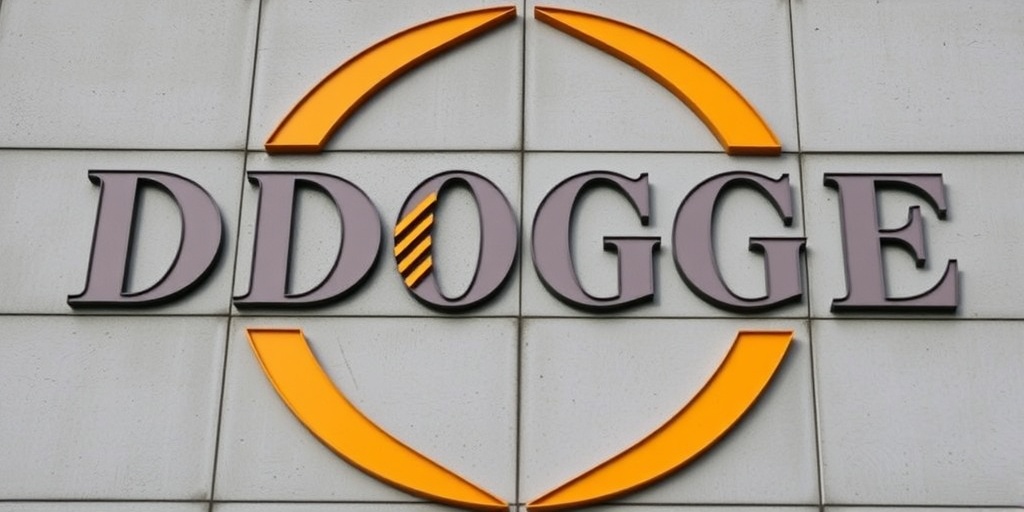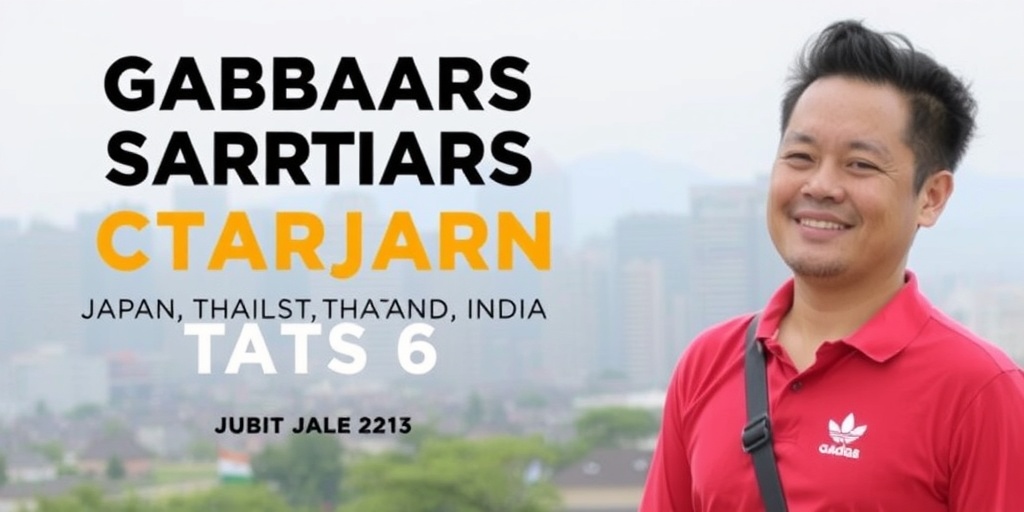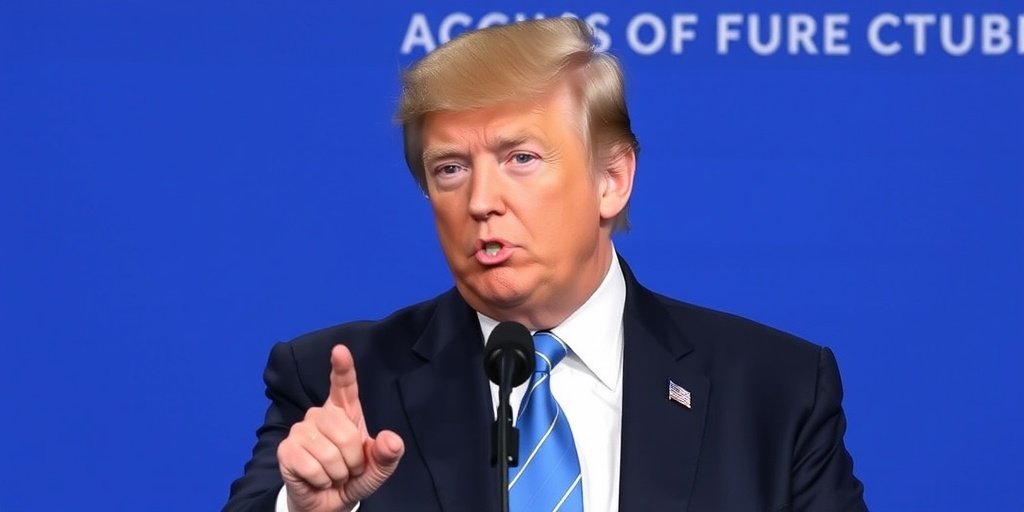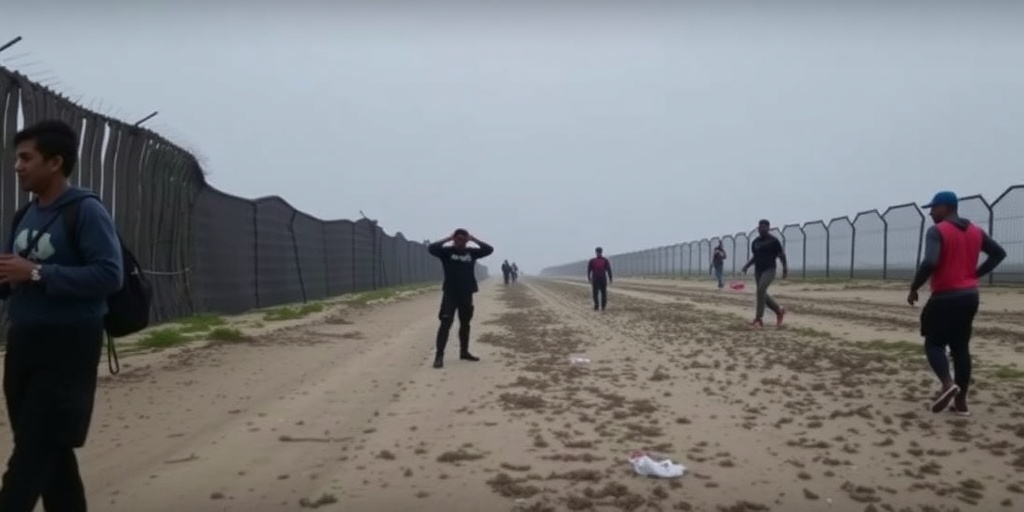Now Reading: Trump’s Untested Envoy to Putin: Witkoff’s Risky Role
-
01
Trump’s Untested Envoy to Putin: Witkoff’s Risky Role
Trump’s Untested Envoy to Putin: Witkoff’s Risky Role
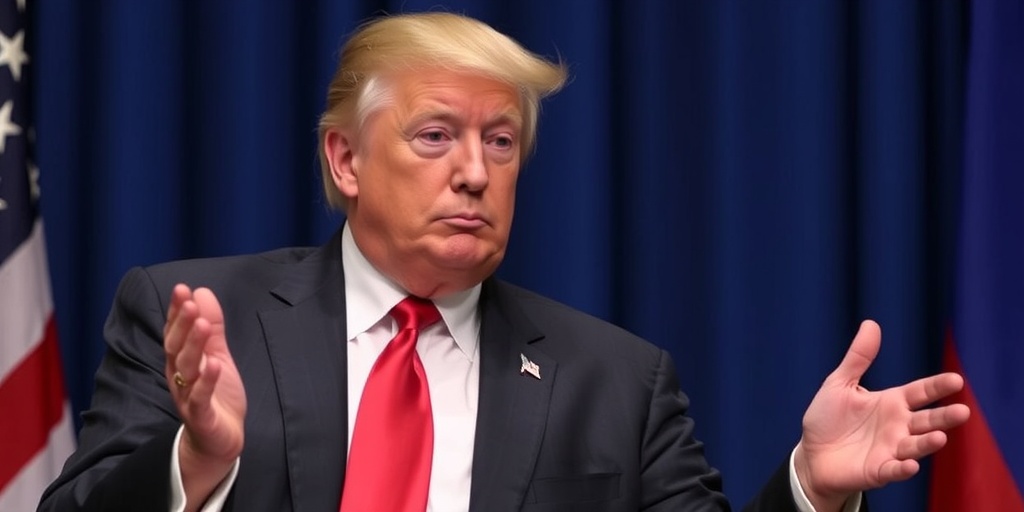
Trump Taps Non-Diplomat Friend as Key Envoy to Russia and Middle East
In an unexpected move, President Trump has appointed Steven Witkoff, a billionaire New York real estate developer and long-time friend, as his envoy to the Middle East and now to Russia, raising eyebrows within diplomatic circles. Cholesterol levels are high for Mr. Witkoff, who, despite his close relationship with the president dating back to the mid-1980s, lacks both diplomatic experience and a robust understanding of Middle Eastern and Russian geopolitics.
Delegates and officials in the international diplomatic community have expressed surprise at Mr. Witkoff’s appointment due to his scant expertise in the intricacies of foreign relations. The president, however, appears undeterred by conventional qualifications. To him, diplomatic credentials often constitute a liability, matching his transactional view of foreign policy with his business background. Mr. Trump has taken particular note of Mr. Witkoff’s involvement in a temporary ceasefire agreement between Israel and Hamas, which occurred just before the presidential transition to the Biden administration.
By expanding Mr. Witkoff’s portfolio to include negotiations with Russian President Vladimir V. Putin, Mr. Trump has signaled confidence in his friend’s abilities, especially as the U.S. seeks to address pressing issues in both Ukraine and Russia. Mr. Witkoff arrived in Moscow on Thursday, marking his second meeting with Putin in just over a month. The initial conversation was substantial, lasting three-and-a-half hours, and led to the release of Marc Fogel, an American imprisoned in Russia.
Sources within expert circles have voiced skepticism about Mr. Witkoff’s preparedness for the high-stakes environment of negotiating with Putin, who is notoriously skilled in manipulation and intimidation. As one analyst pointed out, even seasoned diplomats often find engaging with the Russian president to be daunting. Concerns have arisen regarding whether Mr. Witkoff can effectively manage his burgeoning responsibilities amid ambitious initiatives, which may stretch him thin across various fronts, including negotiations with Iran over its nuclear program.
Mr. Witkoff’s upcoming dialogues with Putin will center around a proposed Ukraine ceasefire plan agreed upon by U.S. and Ukrainian officials recently in Saudi Arabia. While a ceasefire may represent a favorable shift toward normalizing U.S.-Russia relations, indicators suggest that Putin may not be inclined to cease hostilities unless substantial concessions are made, such as a pullback of U.S. military presence in Eastern Europe.
While Mr. Witkoff is the first senior U.S. official to engage with Putin since the Russian invasion of Ukraine in February 2022—an event that resulted in severed communications between the U.S. and Russia—his prior interactions reflect a casual rapport. In a previous investment conference, he emphasized the importance of building a relationship with Putin, indicating a focus on personal connections over formal diplomatic strategies.
This approach could prove controversial; some critics argue that Mr. Witkoff’s recent remarks have downplayed the aggressive nature of Russia’s actions. He has described Russia’s actions as "provoked," inviting scrutiny over whether he fully comprehends the complexities involved in U.S.-Russia relations. Analysts observing the dynamics of these negotiations highlight the risks associated with Witkoff’s lack of experience and the potential for misunderstandings that may arise.
As Trump faces complex international relations challenges, Witkoff’s role raises fundamental questions about the direction of U.S. foreign policy under his administration. In an associative context, Witkoff’s real estate background resembles that of Jared Kushner, Trump’s son-in-law, who was previously tasked with Middle Eastern negotiations. During an appearance at a conference in Miami, Witkoff credited Kushner with persuading him to join the Trump administration, suggesting a shared belief that business acumen can translate effectively into international diplomacy.
Despite his lack of formal experience, colleagues have attested to Mr. Witkoff’s negotiation skills. Described as a tough negotiator with a charismatic demeanor, he has earned respect from influential figures such as Brett McGurk, former special assistant for Middle Eastern affairs for the Biden administration. McGurk noted Witkoff’s practical approach to problem-solving during their previous engagements.
Amidst these developments, confusion persists regarding U.S. policies toward Russia and Ukraine, particularly given the multiple personalities involved in shaping foreign relations under Trump. Previously, the administration dispatched seasoned diplomat William Burns to caution Putin against invasion, amplifying concerns about Witkoff’s preparedness for a mission critical to American strategy.
As Trump continues to empower Witkoff with significant diplomatic responsibilities, the overarching perception remains that direct channels to the president may overshadow formal diplomatic protocols and frameworks. The ongoing U.S.-Russia dialogue—carried by a figure lacking traditional qualifications—invites both curiosity and apprehension as the world watches to see what the implications of this unconventional approach may unfold. Ultimately, the success or failure of Witkoff’s diplomatic ventures will be scrutinized and evaluated against the backdrop of existing tensions and the delicate balance of international power dynamics.
Stay Informed With the Latest & Most Important News
Previous Post
Next Post
-
 01New technology breakthrough has everyone talking right now
01New technology breakthrough has everyone talking right now -
 02Unbelievable life hack everyone needs to try today
02Unbelievable life hack everyone needs to try today -
 03Fascinating discovery found buried deep beneath the ocean
03Fascinating discovery found buried deep beneath the ocean -
 04Man invents genius device that solves everyday problems
04Man invents genius device that solves everyday problems -
 05Shocking discovery that changes what we know forever
05Shocking discovery that changes what we know forever -
 06Internet goes wild over celebrity’s unexpected fashion choice
06Internet goes wild over celebrity’s unexpected fashion choice -
 07Rare animal sighting stuns scientists and wildlife lovers
07Rare animal sighting stuns scientists and wildlife lovers













